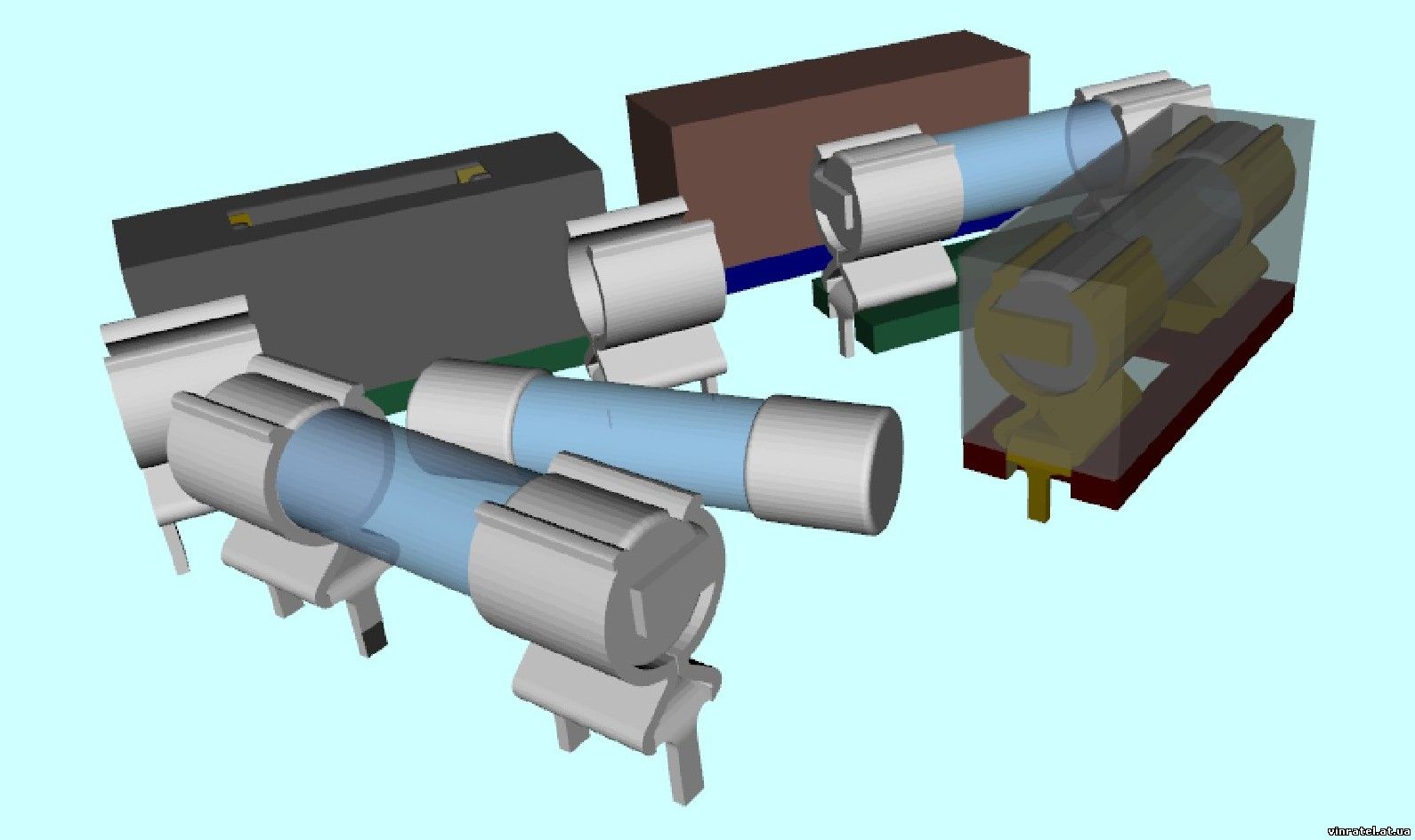Biblioteka Komponentov Trace Mode
Frequently Asked Questions for soc.genealogy.medieval Summary: This regular posting contains a list of Frequently Asked Questions (FAQs) and their answers about medieval genealogy. It should be read by anyone who wishes to post to the newsgroup or to the associated mailing list,.

Codedome Computers Limited is Software Development and Computer Training Company of over nine years experience in practical data processing, system automation, computer systems supply and installation, web development, beginner's computer training, corporate training and professional training. > ADO objektov do Delphi komponentov. /TRACE MODE, ale nepomohlo to Potrebuji sledovat provadene SQL prikazy v prostredi Delphi+BDE+NativeLink+MSSQL7.
The FAQ is currently available on the World Wide Web at. Contributions by: Stewart Baldwin, Pat Boren, Todd Farmerie, Will Johnson, Bill Lemay, Chris Pitt-Lewis, Paul C. Reed, William Addams Reitwiesner, Josh Stevens, Don Stone Copyright: Copyright (c) 1999, 2000 by William Addams Reitwiesner. Copyright (c) 2011, 2013 by Don C. All rights reserved.
This document may be freely redistributed in its entirety without modification provided that this copyright notice is not removed. It may not be sold for profit or incorporated in commercial documents (e.g. Published for sale on CD-ROM, floppy disks, books, magazines or other print form) without the prior written permission of the GEN-MEDIEVAL list administrator,. Permission is expressly granted for this document to be made available for file transfer from installations offering unrestricted anonymous file transfer on the Internet. Durnoe upotreblenie materialjnih blag chasto yavlyaetsya vernejshim putem k esse. If this document is incorporated in a commercial document, complimentary copies should be sent to. This document is provided AS IS without any express or implied warranty.
Questions Discussed: • • • • • • • • • • • • • • • • • • • • 1. Is an unmoderated newsgroup for the discussion of genealogy and family history among people researching individuals who lived in medieval times. The primary focus of the group is likely to be on Europe and neighboring regions, but postings about genealogy in other areas during this time period are welcomed.
The mailing list associated with the soc.genealogy.medieval newsgroup is. The newsgroup and mailing list are gated, i.e., all email sent to the mailing list also appears as a posting in the newsgroup, and all postings in the newsgroup (except those that originated with the mailing list) are emailed to the mailing list. See question 2 for information about subscribing to the mailing list. All who have access to or and are interested in genealogy in the medieval period are are welcome to participate. A brief history of the group and list can be found at. Kod razblokirovki dlya mts modema zte mf 192. Scope of the Group The medieval period is loosely defined for the purposes of this group as the period extending from the breakup of the (Western) Roman Empire until the time public records (such as church, tax, and census records) relating to the general population began to be kept. This period would extend roughly from AD 500 to AD 1600, but these limits are not intended to exclude related topics of discussion lying outside of these boundaries, e.g., royal or noble genealogy in earlier time periods.
A related mailing list is the list, and questions relating solely to royal genealogy after about AD 1600 should be raised there. The scope of the group reflects the different nature of genealogical research in the medieval period. Vital records and census records are not available for this period, and the researcher must rely instead on records of inheritance of property or tenancy, heraldic visitations, monastic charters, chronicles, onomastic evidence, and even numismatic evidence. The group is intended to address all these various facets. The group is open to anyone with an interest in genealogy in the time period in question, including, but not limited to: • royal and noble descents • origins of American colonists • feudal descent of property • value of pre-historical sources (such as sagas) • adoption of surnames and insignia by families • source availability and reliability • reviews and correction of published works.